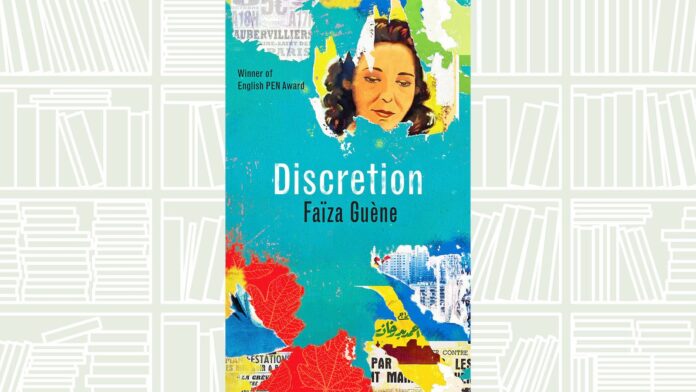CHICAGO: From Paris by way of Msirda Fouaga in Algeria comes “Discretion,” a first- and second-generation story about familial bonds, the struggles of fitting in, and the consequences of French colonization.
Written by award-winning author, Faiza Guene, and translated from French into English by Sarah Ardizzone, the novel focuses on Yamina Taleb who is approaching her 70th birthday.
Her life is pleasant and routine, her family loves her, and yet her journey has been filled with hardship and exile, love and pain, and new beginnings.
Yamina does not know the exact date of her birth because her Algerian birth certificate and French residence permit says different things. But that does not reduce the 70 years she has been surviving against a difficult childhood which kept her on the brink of poverty, colonization that stole her youth and her father for the first few years of her life and was the reason for her first exile.
But Yamina does not dwell on the negative. She has a loving husband, Brahim Taleb, and four children she adores and who adore her, even if they get mad at her for being married to her rituals, to her calm demeanor, and to politeness.
However, her children, Malika, Hannah, Imane, and Omar do not share her outlook. They witness the discrimination immigrants in France have to face and they do not stay quiet about it.
They are painfully aware of who they are, the sacrifices that have been made for them to be here, and their identities as second-generation French citizens. But their stories start generations earlier with their ancestors being traumatized by colonization which sits heavy on their shoulders as they straddle their two identities.
Guene is a masterful storyteller who can say so much in just a few sentences. Her character’s story begins on a piece of paper with the wrong birthdate but moves into an incredible history of resilience. She unapologetically dives into generational stories that are interconnected, where youth is stolen at the hands of men or colonizers and yet they still move forward.
Through the Talebs, a loving family, she portrays six individuals whose hopes and dreams transcend time.
The Talebs are of two worlds, Algeria and France, and live the sacrifices and hardships of both, spanning identities and lives.


